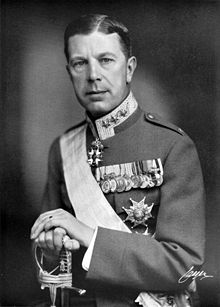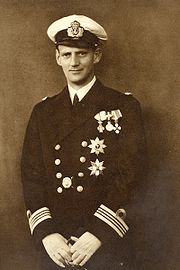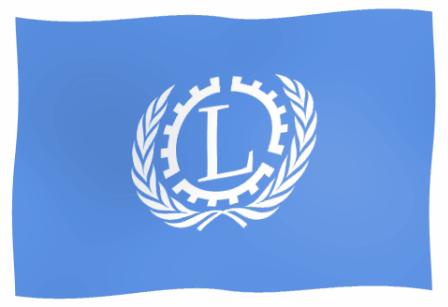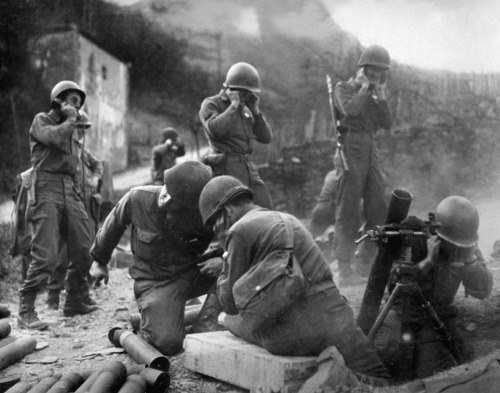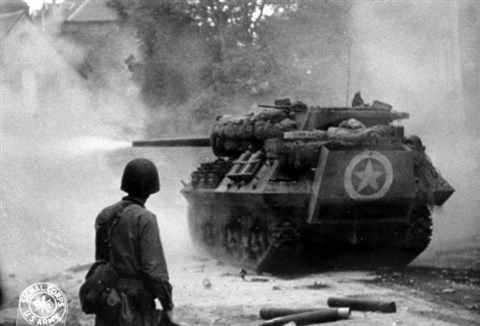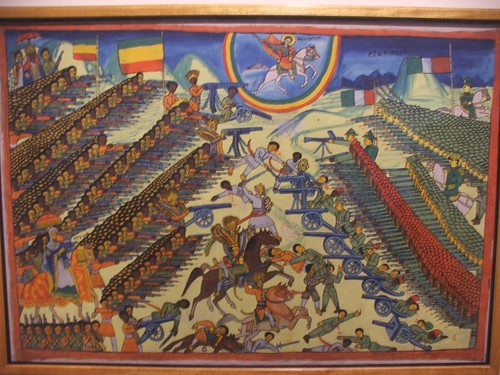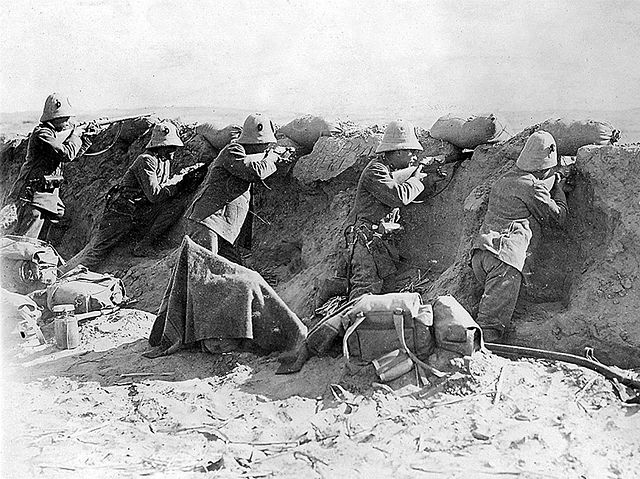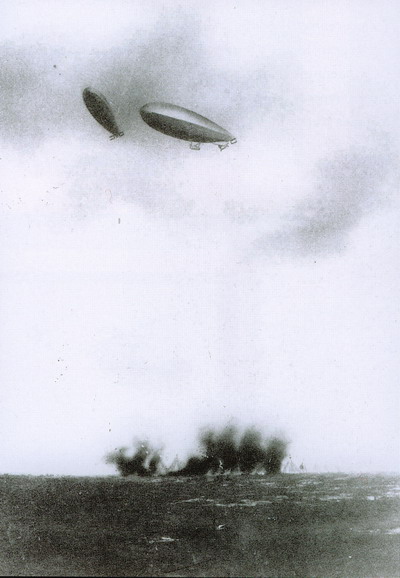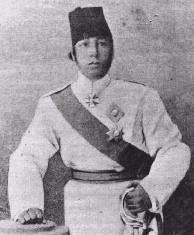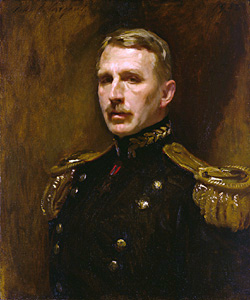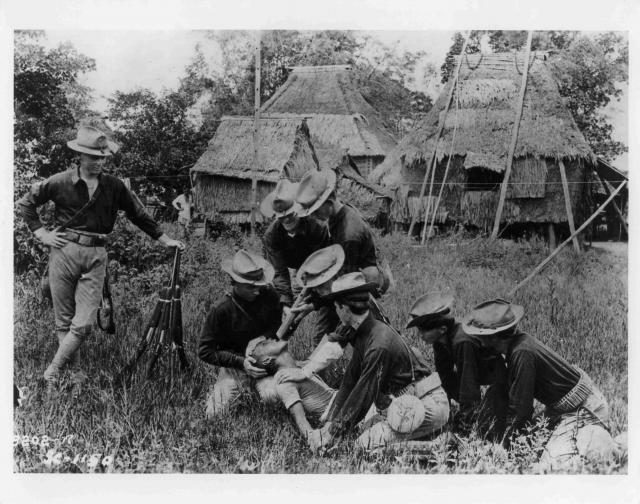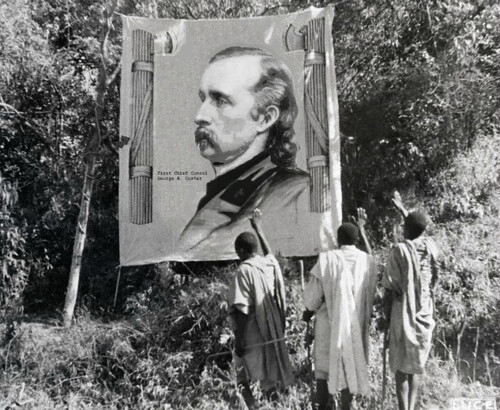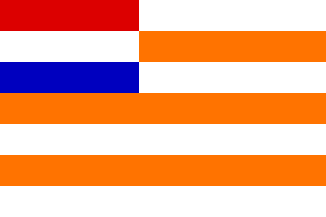The Black Shadow
Thinking about the violence and blood lust of the Union I came up with my own idea of a pulp hero. This has been submitted to and approved by Napoleon53.
George: What’s the matter? Afraid of guns?
Black Shadow: I’m not afraid of guns. I’m afraid of idiots with guns.
--Black Shadow Talkie Program Episode 110: A cold wind from the North
While American pulp magazines abounded with tales of mystery usually with plenty of violence and sex, one hero stood out in the 1930’s. Initially predicted to not last a year, the Black Shadow would become a cultural icon in print, cinema, talkie and picture box for over twenty years and with reprints and revivals across the world. What made him stand out from the private detectives, super heroes, war stories and adventurers was that instead of gunplay, physical strength or bloodlust the Shadow used his brain and his agility to combat his enemies without a gun. Throughout his run the Shadow never carried a firearm of any sort and refused to use one. Using his powers of hypnotism, martial arts and trickery the Black Shadow portrayed that the mind was the most powerful weapon of all
The Black Shadow background story began as follows. Born into the wealthy Mackenzie family, young Alexander Mackenzie could have had a life many would have dreamed for. However, Alex soon developed chronic asthma and required long periods of bed rest. While resting Alex became a voracious reader and with the aid of private tutors became an expert in archeology especially in the Far East. As Alex continued to grow he started a physical training regimen to build up strength and stamina. Eschewing violence as a tool for the coward and the weak willed Alex studied martial arts, especially in the style of Judo. While attending the University of Faber Alex gained the attention of his close friend Basil and sweetheart Juliet after defeating several attackers. Alex found his calling in fighting the insidious threat of crime and corruption plaguing his native Georgia.
Returning to the family estate near Atlanta after finishing his studies, Alex soon discovers an ancient art of hypnotism that can cloud people’s minds. Using his disguise as Alex Mackenzie, patron of the arts and man about town along with his wife Juliet and sidekick Basil he becomes the Black Shadow, defender of liberty from enemies foreign and domestic.
Humble Beginnings:
The Black Shadow was the creation of Henry Lewis, an illustrator and writer born in Savanna in 1887. Originally an illustrator for local newspapers, Lewis moved into the pulp market in the 20’s after growing weary of the newspaper industry. With the advancement of modern culture and the large amounts of wealth that was being produced crime novels, detective stories and adventure books flooded newsstands across the South. Lewis however was feeling uneasy regarding the violence portrayed in these books. As the father of three boys (John, Robert, Theodore) he saw the rise of violent youth gangs acting out scenes from the books. While the police and local governments curbed the worse excesses with athletic program and crackdowns the problem remained.
While reading Robin Hood to the boys one evening Lewis had an idea, a hero that used skill and smarts to defeat his enemies along with doses of Eastern mysticism, martial arts and culture to provide color. That evening he created the first stories of the Black Shadow and read it to the boys the next evening. The boys, being smaller that some of there classmates and experiencing bullying and fights at school, enjoyed how the Shadow fought bigger and stronger foes and defeated them. After creating a dozen stories for his sons he proposed the story idea to his editor at Action and Adventure Magazine. Skeptical of the idea, calling it a novelty, the editor allowed the publication of the first Black Shadow story “The Gold Dragon” in June 1929.
Success:
The June 1929 Action and Adventure Magazine entered the top ten of magazine sales by the end of June according to the trade papers. Newsstands ordered additional issues and subscriptions increased by twenty percent. A&A would start to publish the Black Shadow stories every two months with the first two part and then three part story lines being published in 1930. Lewis had secured copyrights to the Black Shadow and soon devoted himself to writing the stories. In 1936 the Columbia Broadcasting Company (CBC) would hire Lewis to work in the production of the Black Shadow Show. The talkie box program would be broadcasted on Monday evenings and would run from 1936-1949. It would launch the talkie and later cinema careers of Howard Tobin, who would become the first cinema Black Shadow and Jon Castle. The Black Shadow would become a cinema franchise in 1945 and would run till 1957. The weekly serials would later be rebroadcasted on CBC and New Entertainment Network in 1960. Henry Lewis would pass away at the age of 78 in 1965. Lewis’s sons John and Robert would continue the family tradition, creating a small animation studio and the legendary characters of Pinky and the Brain, a comedic pair of crime solving sleuths.
Overseas Reaction:
Translations of the Black Shadow into French, Spanish, Italian, Polish, and Russian would begin to appear in the early forties. At first unauthorized cheap copies on poor quality paper, official versions approved by Lewis would be printed and distributed by 1945. Stories that parodied authoritarian regimes like the Republican Union and the English Republics would become collector’s items. Since the Shadow professed none of the blood lust of the Union and since Lewis was a strong Catholic, the Union routinely attacked him as the “publisher of vile trash that saps the moral character of our youth”. Lewis would hold up these criticisms and the hate mail from Union supporters as “The Funny Papers” and famously wrote once “The criticism of the Shadow has deeply pained me. I cried all the way to the bank.”
Thinking about the violence and blood lust of the Union I came up with my own idea of a pulp hero. This has been submitted to and approved by Napoleon53.
George: What’s the matter? Afraid of guns?
Black Shadow: I’m not afraid of guns. I’m afraid of idiots with guns.
--Black Shadow Talkie Program Episode 110: A cold wind from the North
While American pulp magazines abounded with tales of mystery usually with plenty of violence and sex, one hero stood out in the 1930’s. Initially predicted to not last a year, the Black Shadow would become a cultural icon in print, cinema, talkie and picture box for over twenty years and with reprints and revivals across the world. What made him stand out from the private detectives, super heroes, war stories and adventurers was that instead of gunplay, physical strength or bloodlust the Shadow used his brain and his agility to combat his enemies without a gun. Throughout his run the Shadow never carried a firearm of any sort and refused to use one. Using his powers of hypnotism, martial arts and trickery the Black Shadow portrayed that the mind was the most powerful weapon of all
The Black Shadow background story began as follows. Born into the wealthy Mackenzie family, young Alexander Mackenzie could have had a life many would have dreamed for. However, Alex soon developed chronic asthma and required long periods of bed rest. While resting Alex became a voracious reader and with the aid of private tutors became an expert in archeology especially in the Far East. As Alex continued to grow he started a physical training regimen to build up strength and stamina. Eschewing violence as a tool for the coward and the weak willed Alex studied martial arts, especially in the style of Judo. While attending the University of Faber Alex gained the attention of his close friend Basil and sweetheart Juliet after defeating several attackers. Alex found his calling in fighting the insidious threat of crime and corruption plaguing his native Georgia.
Returning to the family estate near Atlanta after finishing his studies, Alex soon discovers an ancient art of hypnotism that can cloud people’s minds. Using his disguise as Alex Mackenzie, patron of the arts and man about town along with his wife Juliet and sidekick Basil he becomes the Black Shadow, defender of liberty from enemies foreign and domestic.
Humble Beginnings:
The Black Shadow was the creation of Henry Lewis, an illustrator and writer born in Savanna in 1887. Originally an illustrator for local newspapers, Lewis moved into the pulp market in the 20’s after growing weary of the newspaper industry. With the advancement of modern culture and the large amounts of wealth that was being produced crime novels, detective stories and adventure books flooded newsstands across the South. Lewis however was feeling uneasy regarding the violence portrayed in these books. As the father of three boys (John, Robert, Theodore) he saw the rise of violent youth gangs acting out scenes from the books. While the police and local governments curbed the worse excesses with athletic program and crackdowns the problem remained.
While reading Robin Hood to the boys one evening Lewis had an idea, a hero that used skill and smarts to defeat his enemies along with doses of Eastern mysticism, martial arts and culture to provide color. That evening he created the first stories of the Black Shadow and read it to the boys the next evening. The boys, being smaller that some of there classmates and experiencing bullying and fights at school, enjoyed how the Shadow fought bigger and stronger foes and defeated them. After creating a dozen stories for his sons he proposed the story idea to his editor at Action and Adventure Magazine. Skeptical of the idea, calling it a novelty, the editor allowed the publication of the first Black Shadow story “The Gold Dragon” in June 1929.
Success:
The June 1929 Action and Adventure Magazine entered the top ten of magazine sales by the end of June according to the trade papers. Newsstands ordered additional issues and subscriptions increased by twenty percent. A&A would start to publish the Black Shadow stories every two months with the first two part and then three part story lines being published in 1930. Lewis had secured copyrights to the Black Shadow and soon devoted himself to writing the stories. In 1936 the Columbia Broadcasting Company (CBC) would hire Lewis to work in the production of the Black Shadow Show. The talkie box program would be broadcasted on Monday evenings and would run from 1936-1949. It would launch the talkie and later cinema careers of Howard Tobin, who would become the first cinema Black Shadow and Jon Castle. The Black Shadow would become a cinema franchise in 1945 and would run till 1957. The weekly serials would later be rebroadcasted on CBC and New Entertainment Network in 1960. Henry Lewis would pass away at the age of 78 in 1965. Lewis’s sons John and Robert would continue the family tradition, creating a small animation studio and the legendary characters of Pinky and the Brain, a comedic pair of crime solving sleuths.
Overseas Reaction:
Translations of the Black Shadow into French, Spanish, Italian, Polish, and Russian would begin to appear in the early forties. At first unauthorized cheap copies on poor quality paper, official versions approved by Lewis would be printed and distributed by 1945. Stories that parodied authoritarian regimes like the Republican Union and the English Republics would become collector’s items. Since the Shadow professed none of the blood lust of the Union and since Lewis was a strong Catholic, the Union routinely attacked him as the “publisher of vile trash that saps the moral character of our youth”. Lewis would hold up these criticisms and the hate mail from Union supporters as “The Funny Papers” and famously wrote once “The criticism of the Shadow has deeply pained me. I cried all the way to the bank.”

